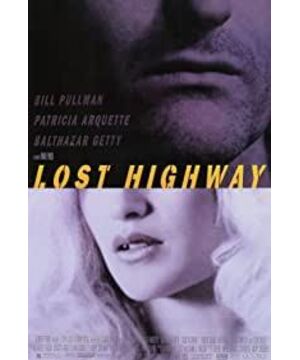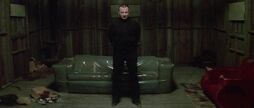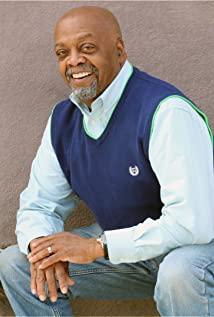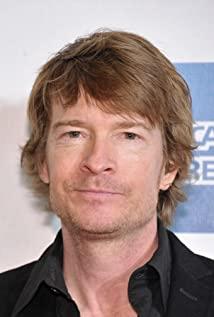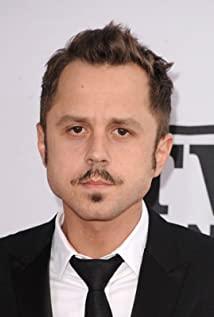"Mystery" also uses hallucinations (dreams) embedded in reality as narrative clues. It mainly describes the mental state of the protagonist Fred before and after killing his wife and the cheater because of his wife cheating. The film is full of suspense, and it is confusing at first glance, but after analysis, it shows the mental state that each of us will have.
The id and superego in the "three selves"
Freud believes that human beings are composed of id, ego, and superego in their spirit. In the film, David Lynch uses specific character symbols to express the id and superego in the protagonist's "three selves".
I - the white-faced old man. In the film, Fred's desire for revenge inspired by his wife's cheating is shown, that is, its dark side. The white-faced old man appears in several of Fred's real-life scenes. Fred was at the reception of his wife's friend Andy, and after Fred discovered that his wife had a relationship with Andy, during the conversation with Fred, the white-faced old man said that he was invited by Fred; in the process of Fred killing the cheater, the white-faced old man handed over the The knife is given to Fred, and finally disappears (fusion). Both scenes inspire Fred's dark side (i.e., the id), which David embodies with the white-faced old man.
Superego - two detectives. The superego appears in the part of the film where dreams are presented. The two detectives have been monitoring Fred's mutation in the dream - the car repair boy Peter, and monitoring the mutation of Peter and Fred's wife - Alice's tryst. Freud believes that dreams are wishes in the form of being fulfilled, and Fred's wish is to get revenge on his wife, and one of the revenge mentalities that everyone has is to do the same to the victim. Peter, the mutated protagonist in the dream, had an affair with Alice. But Fred's superego thinks this is wrong, so a police detective appears in the dream and gives "supervision". Interestingly, David designed a set of detective dialogues. Detective Lou: "This is really not done by humans." Detective Hank: "He or us?" Detective Lou: "We, Hank." The dialogue reveals David's suspicion of the superego, questioning the role of the superego. positivity.
The core meaning field of the film (exploration of human spirit) is fully combined with the surface meaning field and the deep meaning field. Light and shadow transformation, blurred focus, and inverted mirrors are used appropriately. Mirrors, exploding wooden houses, and video tapes are full of symbolic meanings. It provides a good horizontal foundation for the depth display of the film. This shows that director David's skills are profound.
PS: If you are confused about the film, you can go to other film reviews first, or learn about psychoanalysis. There are still many details in the film that are worthy of the audience to savor carefully, and we cannot list them all in detail.
View more about Lost Highway reviews


